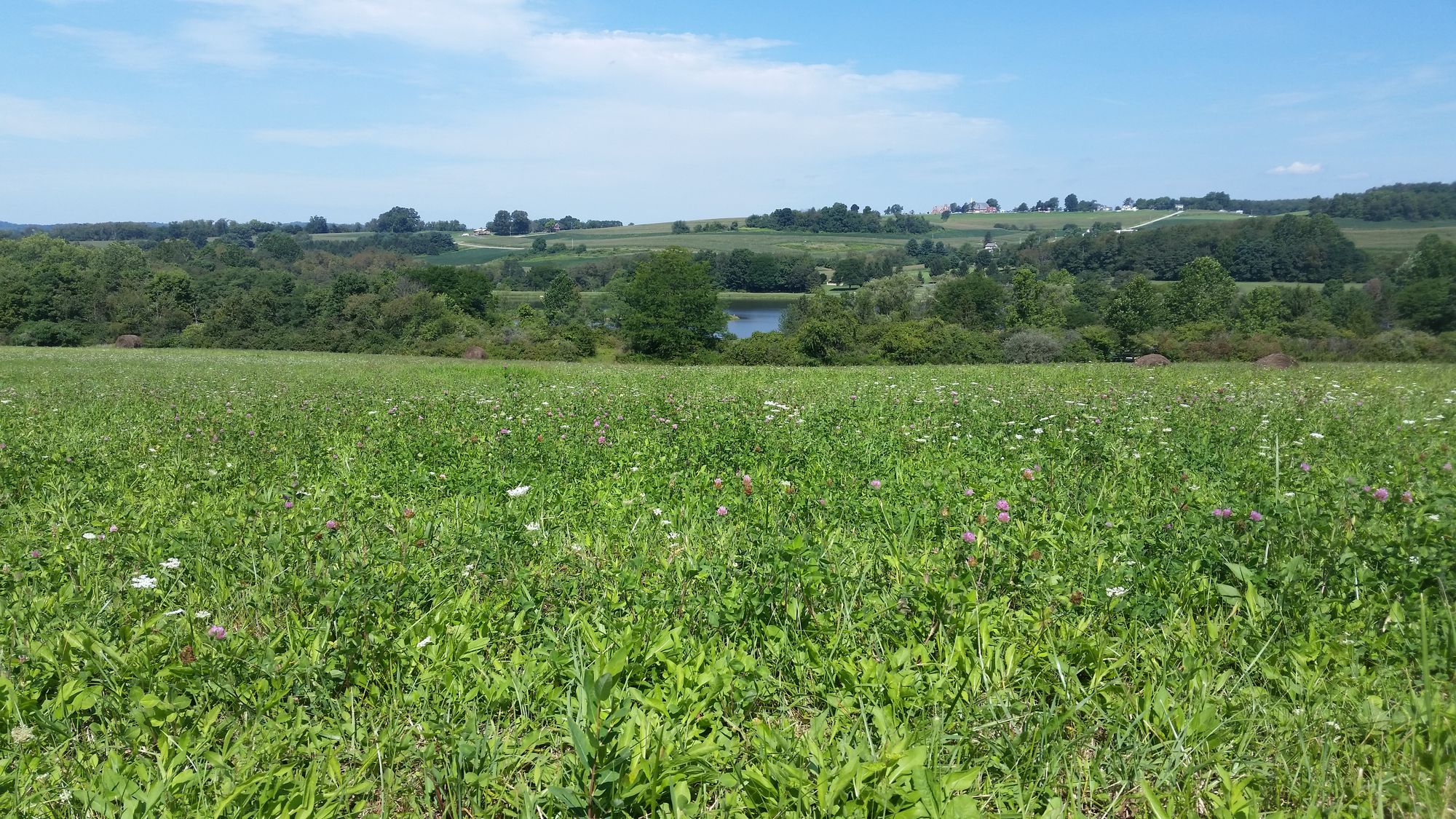It's Already Too Late For Regenerative Agriculture

I have joked in the past that one of the biggest problems with regenerative agriculture is that it wouldn't be long until we had Tyson all-natural, regenerative chicken.
We reached that point faster than I thought.
I was doing some research on regenerative ag today and was surprised to find out that the top news and search results in this space were owned by Bayer and Syrgenta.

Their marketing departments are hard at work putting out content that hits all the important buzzwords. Take a look at this overview of regenerative agriculture from Syrgenta's website:
Regenerative agriculture blends sustainable innovation with tradition. As the name suggests, it focuses on literal regeneration of the soil and of the planet’s ecosystems. Regenerative agriculture improves soil, delivers high productivity and high-quality food and helps fight climate change and restore lost biodiversity.
Many of the key practices of regenerative agriculture – intercropping, where multiple crops are planted together, agroforestry, and integrating livestock, for example – have their roots with indigenous farmers who work with the land rather than against it. At Syngenta Group, we believe regenerative agriculture can underpin the transformation of our global food systems.
Regenerative, sustainable, soil, ecosystems, climate change, biodiversity, agroforestry - even indigenous!
As George Carlin says,
Whenever you are exposed to advertising in this country, you realize all over again that America's leading industry is still the manufacturing, distribution, packaging, and marketing of bullshit.
We're talking two businesses who make their money on pesticides and GMO seed. If you read the fine print about their actual plans, they amount to...
Pesticides and patented seed.
They talk a lot about cover cropping, optimizing inputs, and all sorts of stuff that are at least somewhat aligned with the principles associated with "regenerative ag", but the whole thing seems to primarily be a sales pitch for the latest and greatest seeds and sprays they plan to offer.
If these companies are using the phrase regenerative to describe the farming they encourage, then regenerative means next to nothing.
In fact, helping to encourage the support of "regenerative" may do more harm than good if regenerative becomes yet another in a long line of marketing terms that consumers are tricked into feeling good about buying when they see it slapped on a product in the grocery store.
I'm not sure where to go with this from here.
I don't know what to do about this other than to encourage awareness that this is happening.
This debate about the best path forward for food production is important, and the farmers who are envisioning a future that is different from the status quo have their work cut out for them when it comes to marketing.
One thing that comes to mind is to leverage the strengths of being small. We can pivot much faster than Bayer and Syrgenta. They've figured out how to make regenerative work for their brands.
Let's flip the script and make the cool thing something new.
Even better, let's forge stronger communities and relationships that go deeper than labels.
What do you think? Are you excited for the Tyson all-natural, regeneritive chicken that is sure to hit shelves near you in the near future? Does the moving goal posts frustrate you?
What do you think is the right way to combat this co-opting of words by big business? How do you get the public to pay more attention to the substance than the labels?
Thanks for reading.
Life is good.
Reply to: rewildling@proton.me
Links:
- Advertising - George Carlin (funny but not for sensitive ears)
